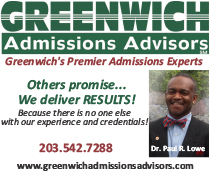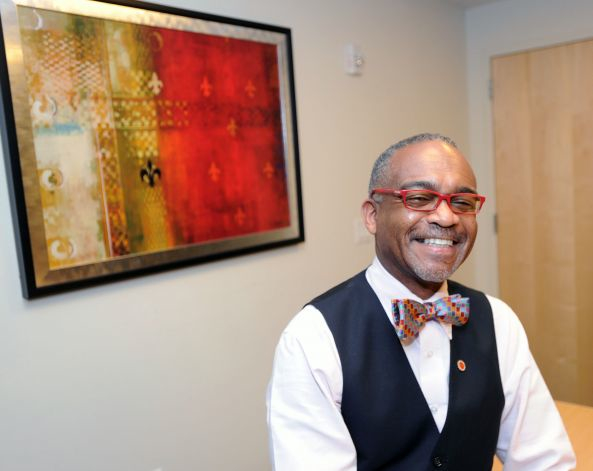
June 16, 2015 10:46 am Benefits of A Private/Independent School Education
An independent, private or “prep” school is a primary or secondary school that has independent finances and governance and one that is funded by tuition fees, gifts and its investments, donations, etc. It is independently governed by a board of trustees.
Each form of education (public vs. private) has its advantages and disadvantages, but my purpose here, as I continue visiting numerous independent school campuses throughout the tri-state area, is to discuss the true value and benefits that I have observed in private school education.
This season, I have increased my annual tour of schools to include a wider variety of private and parochial schools. I have had the opportunity to speak with heads of schools, directors of admissions, admissions and development office personnel, administrative and support staff, faculty members, students and alumni. Having had this opportunity, I have observed and confirmed that all independent schools continue to provide an increasingly superior education to that of public schools.
Here’s why:
1. Small class size. Private schools assign on average about 9.8 students to each teacher, thus guaranteeing the individual attention each child needs to thrive intellectually, socially and emotionally.
2. Excellent educators. Private school teachers teach as well as educate. They passionately nurture and motive young minds. They provide a truly bespoke education for your child. Personal development intellectually, socially and emotionally and academic achievement are par for the course.
3. Personalized education. Private school education is not a one-size-fits-all affair. Independent schools come in all shapes and sizes.
4. Diversity: Private schools are multicultural and embrace diversity. They are committed to creating and fostering a welcoming community that is inclusive for all its members (faculty and students) regardless of race, ethnicity, ability, socio-economic status, religion, age, gender, sexual orientation, or any other attribute that does not define a person’s character.
5. College counseling. Private schools have college counselors whose job is to specifically help students in the college admissions process. The National Association for College Admission Counseling’s 2014 State of College Admissions reported that on average, public high school guidance counselors spend only 24 percent of their time on college admissions counseling, while their private school counterparts spent 54 percent of their time on college admissions counseling.
6. Sense of community. In private schools, the atmosphere is cooperative and collaborative. Private schools are like large families, with every member eager to contribute their individual characteristics to the good of every other member and the good of the whole school community.
There is truly a private school for every child. I have found that each school has a different atmosphere and chemistry. The independent sector gives parents the opportunity to CHOOSE a school that is right for their child. However, because of the increase in numbers of domestic as well as international applicants, the private school admissions process has become extremely competitive!
When considering which independent school is best for my domestic and international clients, I consider the following school factors: educational philosophy/mission, location, cost, size, athletics, arts, academic rigor, faculty, personal attention to individual students, parental involvement, atmosphere, chemistry, diversity, multiculturalism, student happiness and, of course, secondary school or college placement.
Though the cost of private school is not inexpensive, (the average tuition for day schools is $30,000 and for seven-day boarding is approximately $55,000 per year) the true value and dividends for educating your child, watching them happily learn and successfully thrive, is priceless!
Dr. Paul Reginald Lowe is the managing director and lead admissions expert at Greenwich Admissions Advisors. Tel. (203) 542-7288, and founder of Private School Admissions Advisors.
Dr. Lowe is an active member of several professional organizations including: the Higher Education Consultants Association (HECA), the National Association for College Admissions Counseling (NACAC), the New York Association for College Admission Counseling (NYACAC), the New Jersey Association for College Admission Counseling (NJACAC), the Overseas Association for College Admission Counseling (OACAC), and NAFSA: Association of International Educators, American Foreign Service Association (AFSA), and the Admissions Leadership Consortium (ALC).


